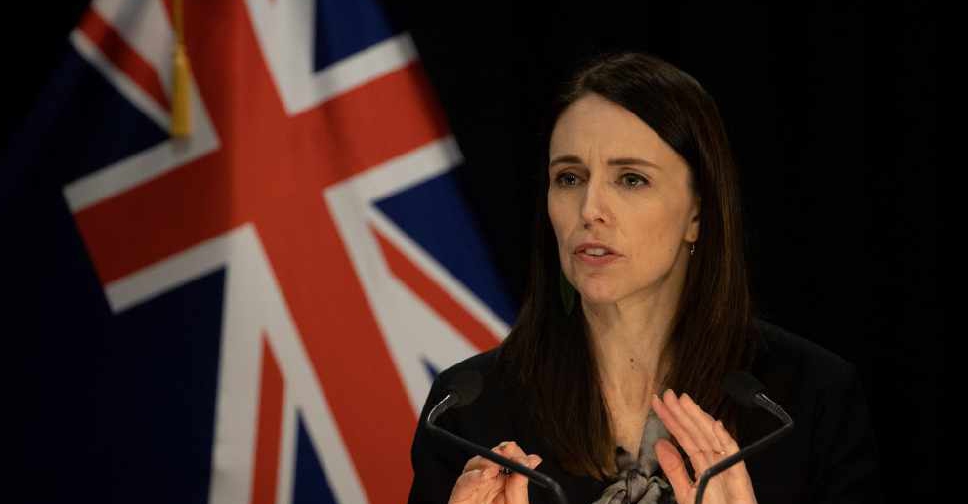
New Zealand may approve a COVID-19 vaccine as early as next week, Prime Minister Jacinda Ardern said on Tuesday, a day after the country confirmed its first case of the new coronavirus in months.
"We're making swift progress towards vaccinating New Zealanders against the virus, but we're also absolutely committed to ensuring the vaccines are safe and effective," Ardern said in a statement.
The recent community case, in a woman who returned to New Zealand on December 30 and had tested positive for the South African strain of the virus after leaving a two-week mandatory quarantine, led Australia to immediately suspend a travel bubble with New Zealand for 72 hours.
Pressure has been mounting on Ardern's government to vaccinate the population, but New Zealand has repeatedly said the process will not start for months.
Ardern said the country's medicines regulator Medsafe was working towards granting provisional approval for the Pfizer Inc and BioNTech SE vaccine.
The first vaccines are due to arrive in New Zealand by the end of the first quarter, but the government was making sure everything is in place in case of an earlier arrival.
"The most important thing is when we finish, not when we start," COVID-19 Response Minister Chris Hipkins said in the statement. "We hope to start vaccinating the wider population mid-year."
A tough lockdown and geographical isolation helped the country of 5 million virtually eliminate the novel coronavirus within its borders.
New Zealand has had only 1,927 confirmed cases. But with the pandemic raging globally, more people are returning with infections, including the new variants, raising concerns the virus may spread in the community again.

 UK inquiry finds 'chilling' cover-up of infected blood scandal
UK inquiry finds 'chilling' cover-up of infected blood scandal
 Iranian President Raisi killed in helicopter accident, state media says
Iranian President Raisi killed in helicopter accident, state media says
 ICC prosecutor seeks arrest warrants for Israeli, Hamas leaders
ICC prosecutor seeks arrest warrants for Israeli, Hamas leaders
 Assange given permission to appeal against US extradition
Assange given permission to appeal against US extradition
 Israel intends to broaden Rafah sweep, Defence Minister tells US
Israel intends to broaden Rafah sweep, Defence Minister tells US




